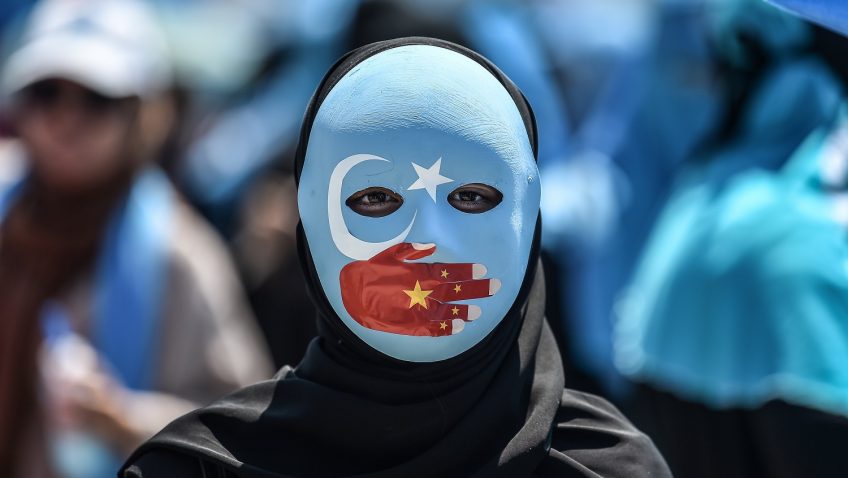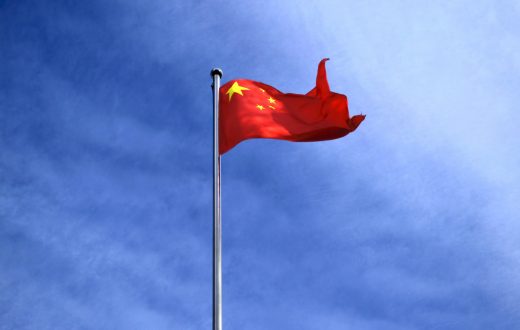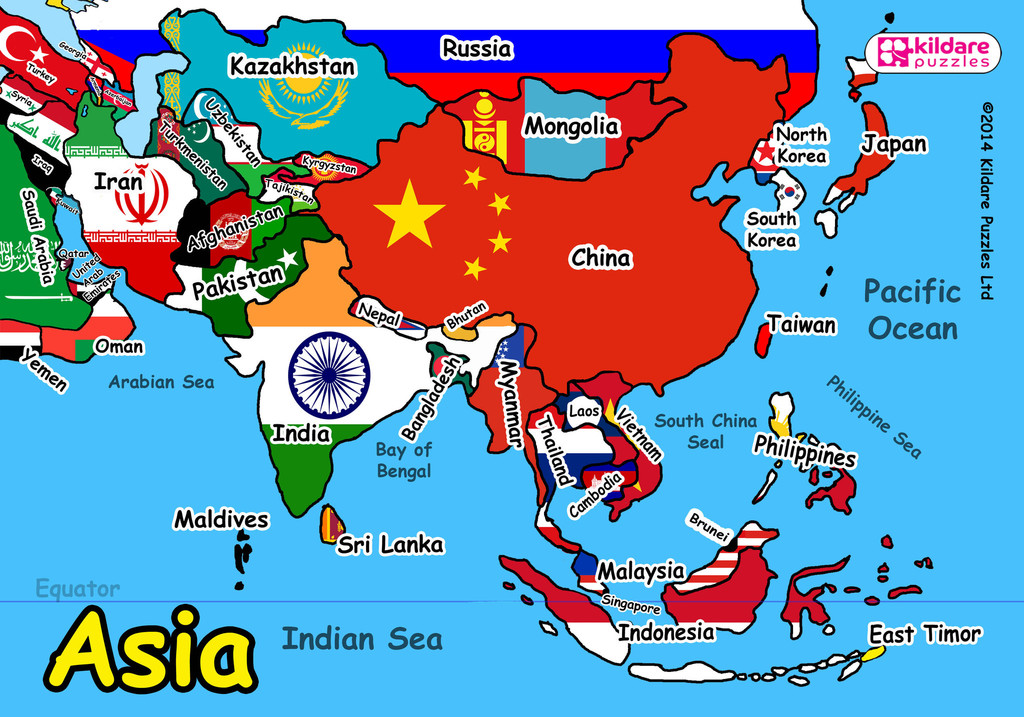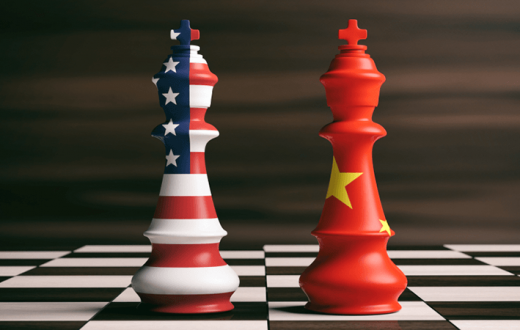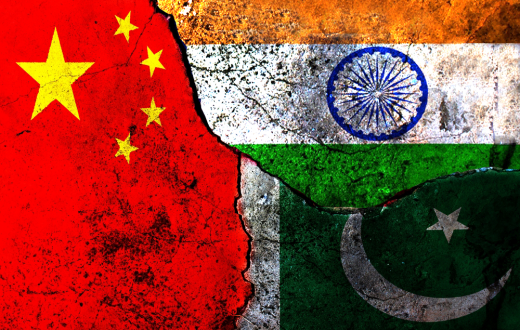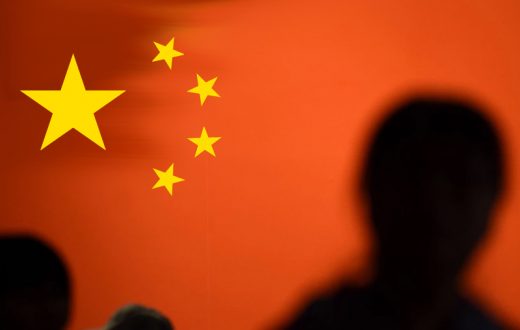The Uighur Muslims of Xinjiang, North western province of China are currently undergoing the worst dehumanizing experience under the communist police state enforced in the region. The Uighur are one of the 55 officially recognized ethnic minorities in China who are now being stigmatized with the “separatists” label in order to turn the attention of the world away from them and reign over their essence, conscience and whole existence in a region they have inhabited for more than one thousand years.
Historical background
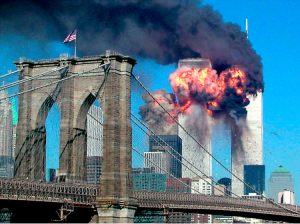
Since the mid-1990s, Uighur have been targets of the “three evils” campaign against ‘separatism, terrorism and religious extremism’ which became intensified in the post 9/11. In the most parochial definition of extremism under the misconceived system called Fanghuiju (which is supposed to be for researching people’s conditions, improving people’s lives, winning people’s heart) , the Uighur are sent to re-education camps to change their thinking and religious life for quitting smoking, sporting long beards, not drinking alcohol or being in possession of the Qur’an. This is most uncharitable of a nation which claims the stripes of red, yellow, blue, white and black on the five-colors national flag symbolize the ‘harmonious’ cohabitation of five ethnic tribes (Han, Manchus, Mongol, Tibetan and Muslims) in one single nation.
In reality, the Chinese nation is a caricature of active Han majority and passive ethnic minorities who have to be led to achieve good standard of living. One graphical illustration of such is the attachment of officials from Han majority to about 1.8 million Uighur families as indoctrinators to spy on them and force communist thinking on them, a form of repression that never took place even in apartheid South Africa.
The Uighur are a Turkic ethnic group who live in East and Central Asia. Today, Uighurs live in the Xinjiang Uighur Autonomous region of the People Republic of China.
Geo-strategy
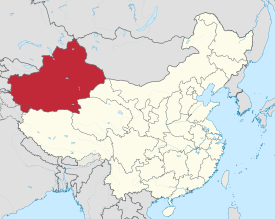
The region is of strategic importance serving as the largest production of domestic oil and gas, and much of the fuel imported from Central Asia and Russia passes through it on its way to the industries of the east coast. It is also a vital link in the Belt and Road Initiative which aims to bind the Middle East and Europe to China with ties of infrastructure, investment and trade. The Hans who moved to the region at a later time have been claiming they brought modernization to the place. This politics of putting the ethnic minorities on the receiving end of development practices has made the possibilities of a perspective of equalities or an appreciation of diversity as a constituent quality of the diverse national project inhibited. Rather than the Chinese government addressing this structural violence fueling the separatist move, it keeps on ratcheting tension by clamping down on the Islamic faith and practices of the Uighurs alleging some suspicious links with global Jihad network while it carries on with grievous violation of human rights on a massive scale.
Surveillance and detention
According to a 2018 report by the Economist, Uighur in Xinjiang suffers under a “fully-fledged police state” with extensive controls and restrictions upon their religions, cultural and social life. At least 120,000 (about possibly over 1 million) Uighurs are detained in mass detention camps, aimed at changing the political thinking of detainees, their identities, and their religious beliefs. Some of these facilities keep prisoners detained around the clock, while others release their inmates to return home. The New York Times also reported that inmates are required to “sing hymns” praising the Chinese Communist Party and write “self-criticism” essays, and that prisoners are also subjected to physical and verbal abuse by prison guards. Chinese officials are sometimes assigned to monitor the families of current inmates, and women have been detained due to actions by their sons and husbands. In January, 82-year old Muhammad Salih Hajim, a respected religious scholar, died in detention in Urumqi.
In a frolicsome desecration of Muslims place of worship, the Xinjiang authorities now appoint an official to teach communism in mosques. One of the recent cases of the draconian rule and judgment of the police state in Xinjiang is that of the businessman, Abdulghapar Abdurusul, who has just been sentenced to death for going on (Hajj) pilgrimage to Saudi Arabia on his own instead of joining a state-sanctioned tour group.
Countries of the world must put pressure on China not to execute this philanthropist on such trivial ground as China has lost all moral right in the case of the Uighurs to evoke the doctrine of non-interference in its internal affairs.
The world cannot remain unperturbed by the humanitarian crises the Uighur Muslims are subjected to. The system of repression in Xinjiang goes far beyond anything that would be justified by the straw man argument of preventing violence associated with Uighur separatism. The primary duty of a state is to protect its citizens. When a state fails in this regard, then the responsibility to protect falls on the international community.

